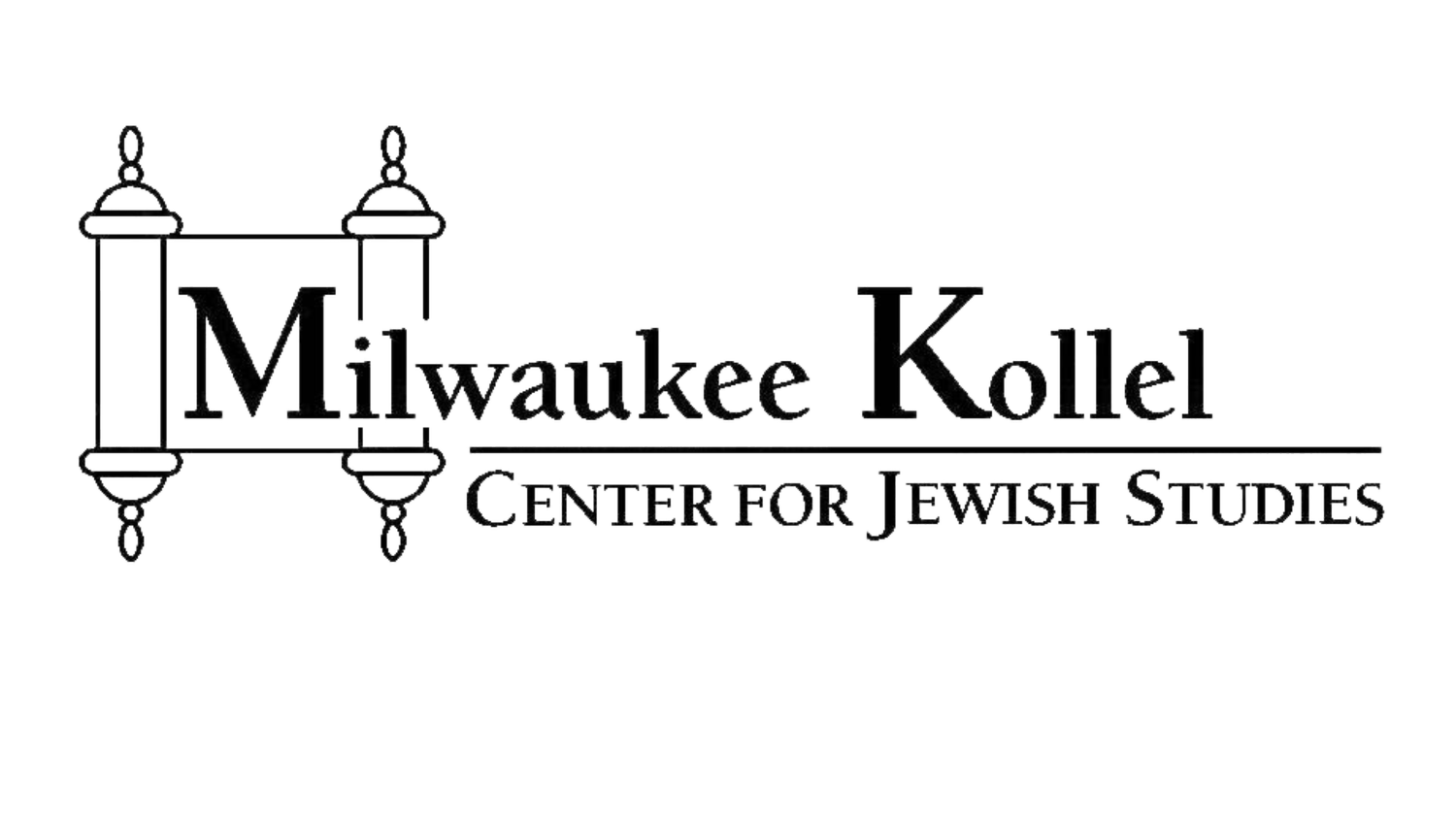Practical Tools for Self Awareness
Rabbi Shlomo Jarcaig
Chaver Kollel
As we progress through the month of Elul, and our focus on Teshuva intensifies, many people face a basic obstacle which impedes our success. In order to do Teshuva we first have to know exactly what we need to improve. We don't typically do or say something which we believe to be wrong. Most times, if we thought it was wrong, we wouldn’t have done it in the first place. Although we may be aware of some issues which certainly need to be addressed, how are we supposed to address the many other practices, habits or traits that are outside of our awareness? Perhaps we’re unintentionally acting insensitively toward others. Perhaps we’re think we're acting deliberately, but deep down it's really laziness which is hindering our actions. Conversely, perhaps we’re justifying what is truthfully our own impetuousness by attributing our actions to zeal. If we can't see the problem, how can we possibly fix it?
To this end, R’ Chaim Friedlander suggests 3 practical approaches which can tell us what particular areas of our Avodas Hashem need to be addressed:
Ask Someone Else. Other people who observe our actions do not have the personal biases we possess which prevent us from understanding our true motivations. In general people do not appreciate criticism. If it’s not delivered with the appropriate sensitivity, it will be counterproductive. That said, if we seek input from a parent, spouse, or someone else who cares about us, it is a great opportunity for us to become aware of what is really going on, and begin the Teshuva process.
Introspection. Although our natural inclination is to overlook our own biases, we have the ability to pause and take an honest look at ourselves. How have we interacted with others? Have our Mitzvos been performed with the appropriate joy and attention? Which of our Middos need to be refined, and how? The Chofetz Chaim notes that if we are searching within ourselves to find the problems, we don’t face the same natural aversion we experience when being criticized by others.
You Are What You See. R’ Dessler (among others) observes that if we want to know what areas we need to improve upon, we should take clear note of the flaws we see in others. If we didn’t possess the exact same deficiencies in our own way, we would not be finding them in someone else. If we find ourselves being critical of another for, say, acting selfishly or allowing their anger to control them, it can be a sign that we too suffer from the same challenge, and we should look at ourselves more carefully.
By better understanding ourselves we will, with Hashem's help, be able to grow and get ever closer to maximizing our immense potential.
